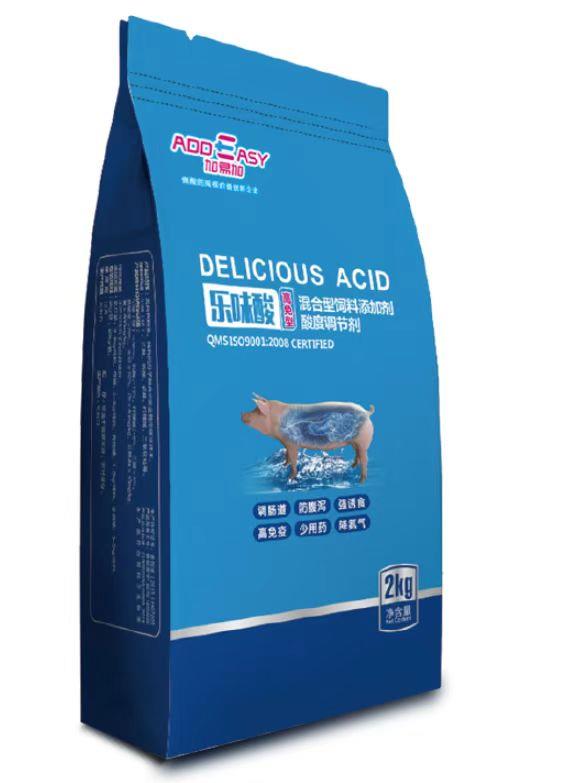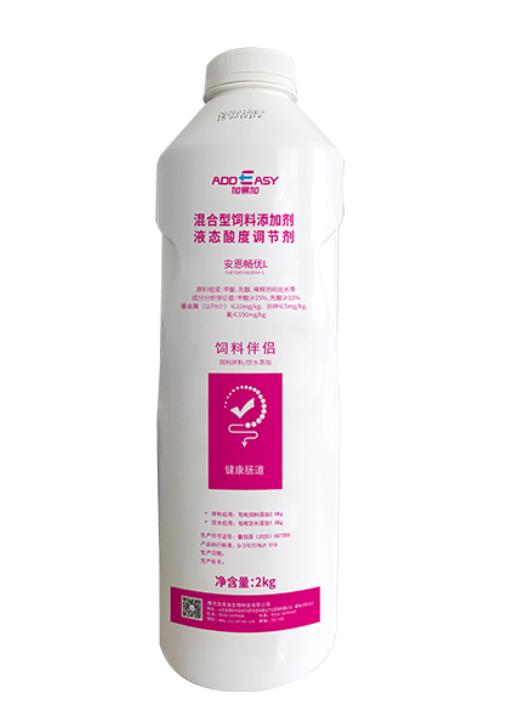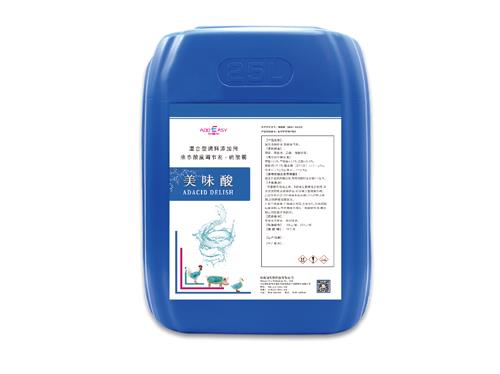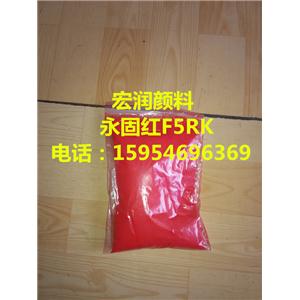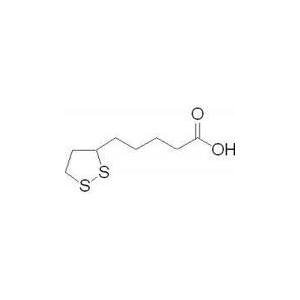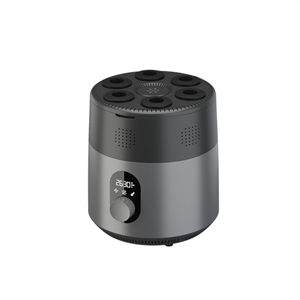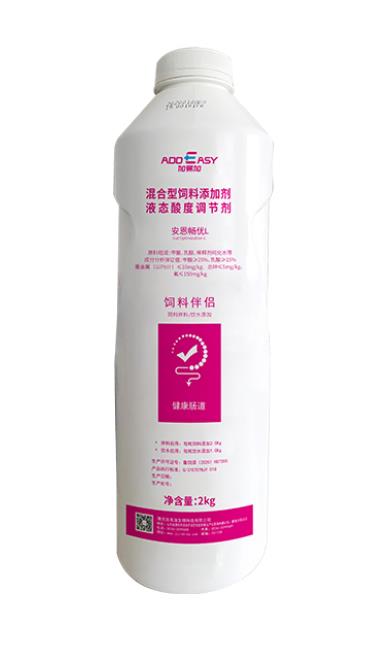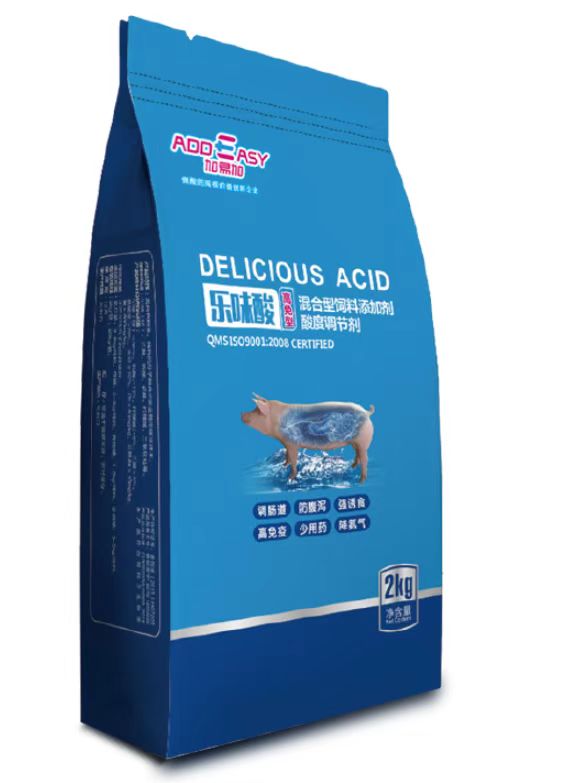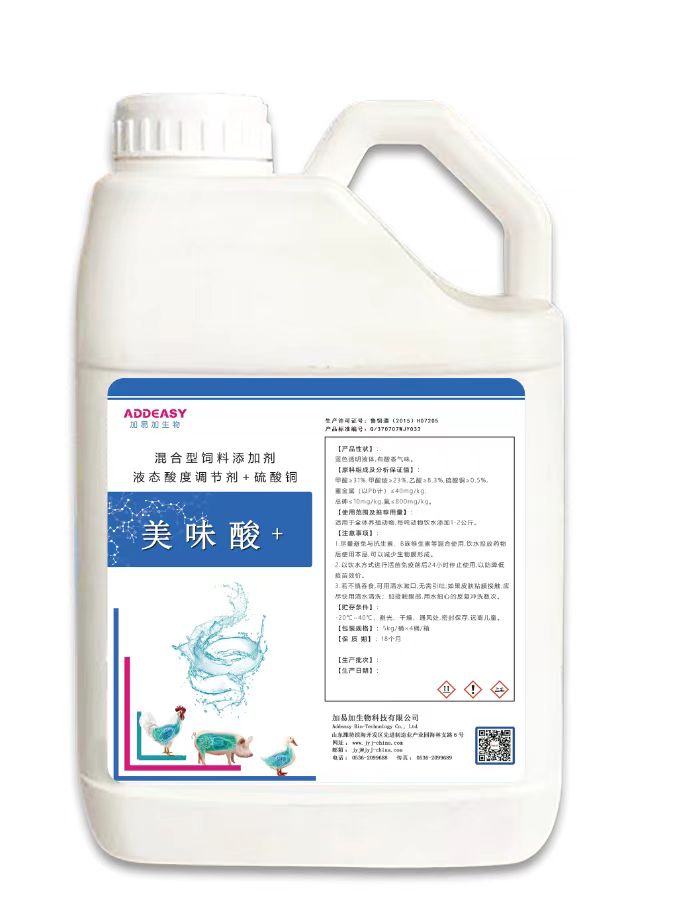小分子有机酸化剂在猪禽上的作用
随着现代畜牧业的不断发展,提高畜禽生产效率与健康水平已成为行业关注的焦点。其中,小分子有机酸化剂作为一种饲料添加剂,其在猪禽生产中的应用日益广泛,发挥着重要的作用。
首先,小分子有机酸化剂能有效降低饲料的pH值,改善饲料的适口性,促进猪禽的食欲。这对于提高日粮的消化率和养分利用率具有积极意义。同时,较低的pH值有助于抑制有害微生物的生长,减少疾病的发生,从而提升整体的养殖效益。
其次,小分子有机酸化剂能够调节动物肠道内的微生态环境。它们可以作为有益菌的营养源,促进乳酸菌等益生菌的增长,增强肠道屏障功能,提高机体免疫力。此外,通过抑制病原菌如大肠杆菌和沙门氏菌的繁殖,有机酸化剂有助于减少猪禽腹泻等消化系统疾病的发生率。
再者,小分子有机酸化剂对提高猪禽的生产性能也有显著效果。它们可以促进矿物质的吸收,如提高钙、磷等矿物质的生物利用率,进而影响骨骼发育和肉质改善。对于生长快速的肉禽而言,这直接关系到出栏体重和经济效益。
最后,小分子有机酸化剂的使用还有助于减少环境污染。通过提高养分的消化吸收率,减少了粪便中氮、磷等物质的排放,减轻了对环境的负担。
综上所述,小分子有机酸化剂在猪禽生产中扮演着多重角色,不仅提升了饲养效率,增强了动物健康,还对环境保护做出了贡献。因此,合理利用小分子有机酸化剂,将为畜牧业的可持续发展注入新的活力19861314131
The Role of Small Molecule Organic Acidifiers in Poultry and Pig Production
With the continuous development of modern animal husbandry, improving the production efficiency and health level of livestock and poultry has become a focus of the industry. Among them, small molecule organic acidifiers, as a type of feed additive, have been increasingly used in pig and poultry production, playing an important role.
Firstly, small molecule organic acidifiers can effectively reduce the pH value of feed, improve the palatability of feed, and promote the appetite of pigs and poultry. This is positively significant for improving the digestibility of daily diet and the utilization rate of nutrients. At the same time, a lower pH value helps to inhibit the growth of harmful microorganisms, reducing the occurrence of diseases, thereby enhancing the overall breeding benefits.
Secondly, small molecule organic acidifiers can regulate the microecological environment in the animal's intestines. They can serve as a nutrient source for beneficial bacteria, promoting the growth of probiotics such as lactic acid bacteria, enhancing intestinal barrier function, and improving immunity. In addition, by inhibiting the reproduction of pathogenic bacteria such as Escherichia coli and Salmonella, organic acidifiers help reduce the incidence of digestive system diseases such as diarrhea in pigs and poultry.
Furthermore, small molecule organic acidifiers also have a significant effect on improving the production performance of pigs and poultry. They can promote the absorption of minerals, such as improving the bioavailability of minerals like calcium and phosphorus, thereby affecting bone development and meat quality improvement. For fast-growing meat poultry, this is directly related to market weight and economic benefits.
Lastly, the use of small molecule organic acidifiers also helps reduce environmental pollution. By improving the digestion and absorption rate of nutrients, it reduces the emission of nitrogen, phosphorus, and other substances in feces, alleviating the burden on the environment.
In summary, small molecule organic acidifiers play multiple roles in pig and poultry production, not only enhancing breeding efficiency and animal health but also contributing to environmental protection. Therefore, the rational use of small molecule organic acidifiers will inject new vitality into the sustainable development of animal husbandry.
